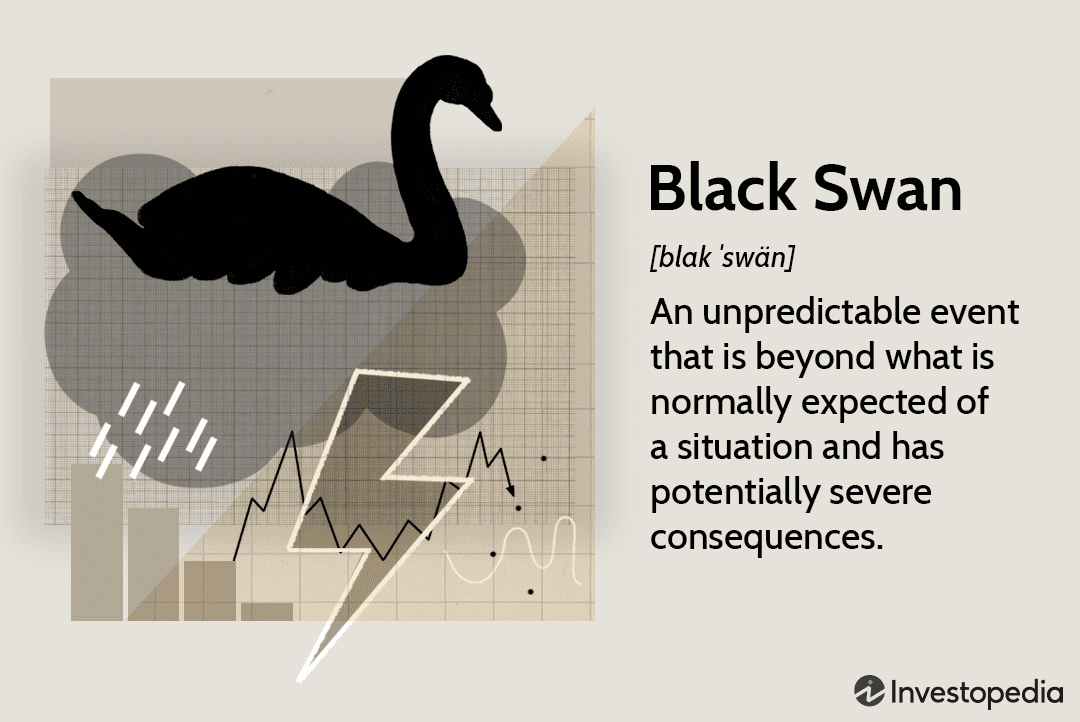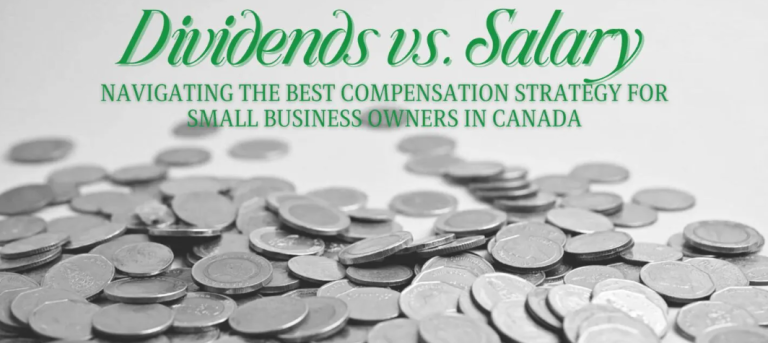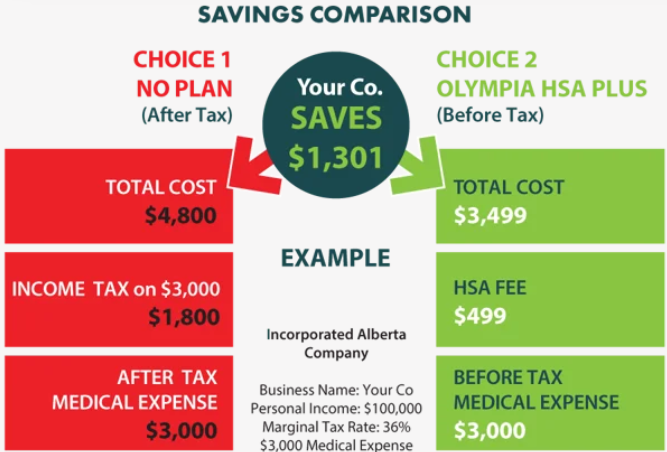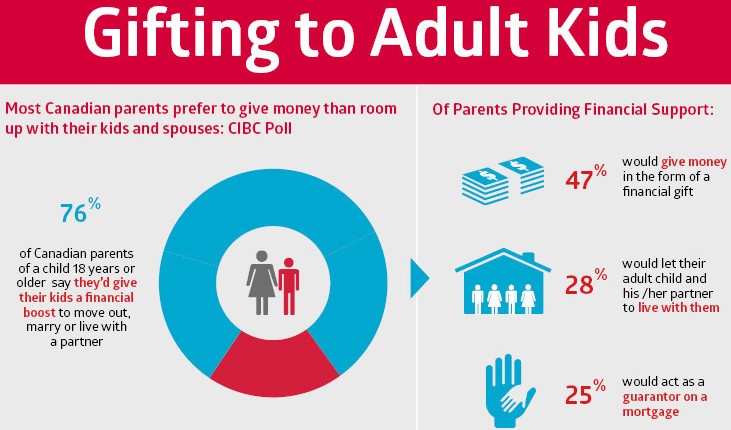As the question goes, “I have good news and bad news. What do you want to hear first?” Well, since you can’t answer that, I’ll start with the bad news.
Technically speaking, we could very well face the swiftest, worst global recession we have ever seen. Yes, you could very well see that in a headline somewhere or maybe you have already. News, by its very nature, is highly negative though. To create the most amount of shares, in the interest of creating traffic and revenue for the various news sources, it has to be that way. Give the people what they want and we as humans, swarm to that bad news. Thus, we’ll continue to hear of death counts and people named, who have succumbed to this virus. You may experience it yourself, close to home, with someone you know, or maybe one even closer to you. I fervently pray you don’t.
Those feelings are real and I don’t in any way discount their validity and reality. However, they have to be separated from the basic, economic truths about the bigger picture. The facts about where we have come from, what is being done and what things could look like, going forward. Hopefully, that will put your critical thinking and negative emotions, in separate compartments, helping you feel but at the same time, think.
So yes. all of that will bring us into a recession (although I’ve heard some say it won’t). However, just as fast as we have or will go into it, is most likely how fast we will come out of it. It could be one of the deepest yet shortest we have ever experienced. You may hear it in the term “V Recovery”. Let me explain why I say this, from what I’m seeing and hearing, much of which is condensed from many of the 30 – 60 minute conference calls since my last BloG.
Up until this past mid-January, the global economy had been showing signs of growing again. The US government, recognized a potential slowdown for them, in December 2018. In a decisive response, they dropped interest rates, to ensure things kept moving forward. Through that latter half of 2019, we were trending in the right direction and slowly gaining traction and speed. That was until the Covid-19 Black Swan event, hit.
As everyone knows, the tidal wave of Covid-19 started in Wuhan, China. Ironically, I have “Wuhan” brand cymbal for my drums and have put it in my office, as a future reminder to expect anything. The global spread of this has forced governments around the world to order their citizens to stay home and forced swaths of businesses to close. Within a matter of several weeks, many businesses have gone from “business as usual” to a full stop. Restaurants, non-essential retail stores, business offices, businesses, dental offices, counselors, gyms, pools, factories; anything that requires face to face interaction, have had to scale back significantly. Many have continued through remote employment or at worst, shut down completely for the time being. Unfortunately for some, the shut down will be permanent (as I have already read with Steve Nash Fitness World declaring bankruptcy). This chain of events has one Portfolio Manager calling it “The Great Interruption”.
We’ll continue to hear and read personal stories of those affected and see rising numbers. I’m sure we’ll see many more businesses shutting down. The economic effects and the rate of spread should be relatively short lived for most, however. Here is why.
There is a big difference between today than of recessions, past. Recessions are generally a ground out, gradual slow down. This however is an abrupt stop to what was a global economy that seemed to have passed a natural slowdown phase and was resuming its growth trend. Once this “Great Interruption” shows signs of ending, we could be quickly returning to that original path.
Much was learned from what we went through 10 years ago and the stimulus governments are supplying today is enormous. The most visible one being, the lowering of interest rates. The do “whatever it takes” mantra from 2008/09 is being followed around the world, but this time it is being done in an even bigger way.
Leading up to this, consumers were in pretty good shape, however less so in Canada. The saving grace for most people negatively affected due to a declining income or, a business owner, facing a significant drop or even stop in business, is interest rates.
We could very well see the start of one of the biggest mortgage refinancings in history. Before Covid-19 hit, it was looking like many Canadian consumers with mortgages, were heading for increased mortgage rates, since a large portion of people with mortgages, are having them come due over the next couple of years. With the complete change of direction on interest rates, a large portion of Canadians will probably be refinancing at cheaper rates than they have now. What was before, looking like higher mortgage payments for Canadians, should now be lower payments. This could be up to several hundred dollars per month less to payout, for those with $300,000 to $500,000 mortgages, or larger.
Energy prices are much lower now. Because the price of so many goods and services are directly related to oil, a significant decline in energy prices means more money in consumer’s pockets. As things get back on the path to normal again, this could give an extra boost to the economic recovery.
Compared to 10 years ago, the financial system today is in significantly better shape. This time around, banks will be a big part of helping bring us out the economic fallout of this problem. 10 years ago, they were part of the problem that needed to be fixed.
Legendary investment manager, Bill Miller, was very recently interviewed. He said: “There have been 4 great buying opportunities in my adult lifetime. The 1st was in 1973 and ‘74 (oil price shock), the 2nd was in 1982 (inflation and interest rate spike), the 3rd was in 1987 (Black Monday market crash), and the 4th was in 2008/09 (sub-prime crisis). And this is the 5th one.”
Ironically, equity markets don’t go up when it is apparent that we have won the war. They go up well in advance of that. A good example of this is during World War II. When that finally ended, in September of 1945, the equity markets had gone up significantly for the 3 years prior. In other words, halfway through WWII, when there was still no end in sight to the war, the market was looking forward, to the end of the war. The market generally bottoms when there is a plan in place to fight the problem. That is what the market was looking for then. Some have started to see signs fo that in the decisive and strong messaging and actions by governments today, most notably the US.
We are hearing of the action steps that the US and Canada, are taking:
- Vigilant actions and restrictions are continuing to be put in place (and enforced) to stop the spread of Covid-19. Most are complying religiously (yes, we are seeing stories of some who are not).
- Central banks are providing money in many different ways, with dollars being allocated to specific segments of the economy, to ease the economic pain and provide liquidity to ensure money keeps moving.
- Markets recognize this will create a recession, which is why the market is down so much, to date. In other words, the short-term expectations are priced into the market. There is still not clarity on how long it will go on for. That can only be made clearer once the curve flattens.
On January 23rd China shut down everything. 6 days later, presumptive cases peaked. Within 6 weeks of locking down, they had the virus under control. The wheels of economic and social activity have been slowing ramping up again. 2 examples of this are: Apple has now reopened all of its stores there, while Hormel Foods just announced that its three Chinese processing facilities are fully re-staffed.
From a sheer numbers perspective today, the US seems to have the biggest Covid-19 problem. It could very well be attributed to actions that were much less stringent that what China and South Korea did to contain things. However, it isn’t the US only. That less than clamp down response can be pointed to for virtually any free society around the world. Let’s face it, we don’t like governments to tell us what and what not to do. We’re seeing the negative effects of our freedom however, it seems we free society citizens are getting it, and for the most part, complying.
The health care system in the US is multiple times better than in China, from a supply side. There are 34.7 ICU beds per 100,000 people in the US. China has 3.6 beds. From this stat alone, the US has much more capacity to deal with the sick than China does.
Regarding the supply of masks; China is by far, the world’s largest producer of masks. The have enormous capacity, beyond what we need, globally. The issue is logistics, in getting them to where they are needed.
Again, the speed of how fast we shut this down determines the speed at which the recovery will happen. If it is stopped just as fast as it started, we could see an economic rebound that will follow and it could be to the same degree, to the upside.
If there is a vaccine that becomes available, that would be the most significant upside catalyst, from an investment perspective. This would bring up markets abruptly and significantly. You wouldn’t really have time to act, to take advantage of it.
Knowing all of that, the best you can do is, do what you can to do your part to solve the problem. As well, I’d highly recommend taking advantage of this extra time you now have. The time not going to work or simply, if you are working from home, the time you now save by not having to drive to work. The time saved from not going out and running errands or not dining out or shopping. You’re probably spending a lot less time in socializing. I know I am. Although connecting using technology like Skype or Zoom is nice, socializing online isn’t the same and you’re probably not doing this using the same amount of time.
Use this time to do things you have always wanted to get to. I’m finally doing the last stage of re-arranging the garage. Pull a book from the shelf and read it, cover to cover. Although I always have 2 books on the go, I’m definitely reading more. As well, I’ve been watching some of the videos I’d taken of our kids growing up. I’m finally moving forward on getting those into a digital format. Look at how your life is structured. Recognize the things you were doing that weren’t beneficial and redirect your priorities. I’m doing more drumming practice in a more intentional way. I’ve drawn out how the back yard is going to be laid out and re-landscaped, in 2021; anticipating the time when we can have family gatherings again. What are the things you can do or are doing?
Luck is what happens when preparation meets opportunity. This is the time you create your own luck, both personally and financially. As the serenity prayer goes, “God, grant me the serenity to accept the things I cannot change, courage to change the things I can, and wisdom to know the difference. This is your chance to lay the groundwork to make whatever is important to you, happen. Focus on that.
PS. I’d love to hear about the ideas or things you have found that you have found time for, now. Help others by sharing what you have learned and discovered. Do so, in the comments section.






